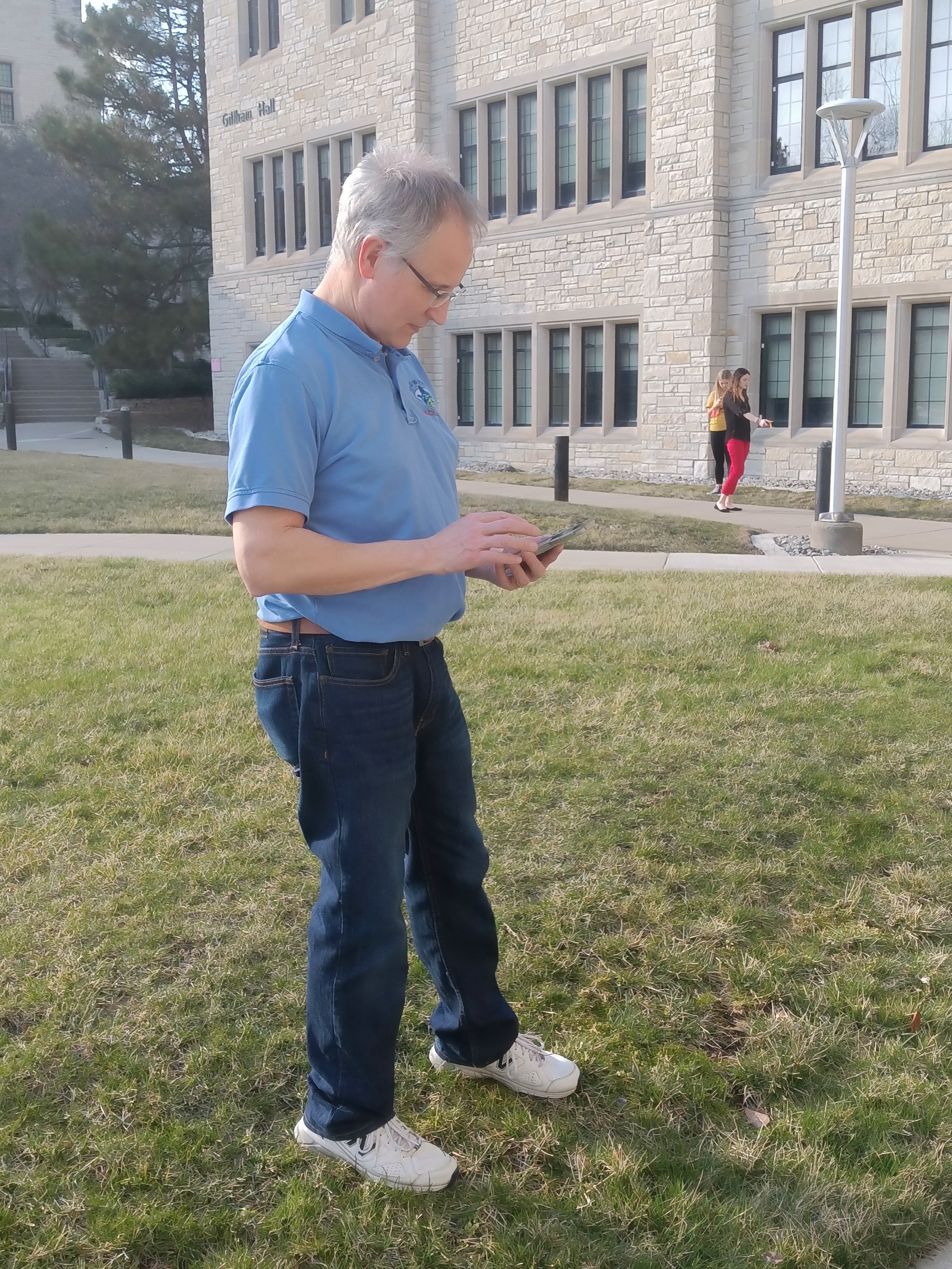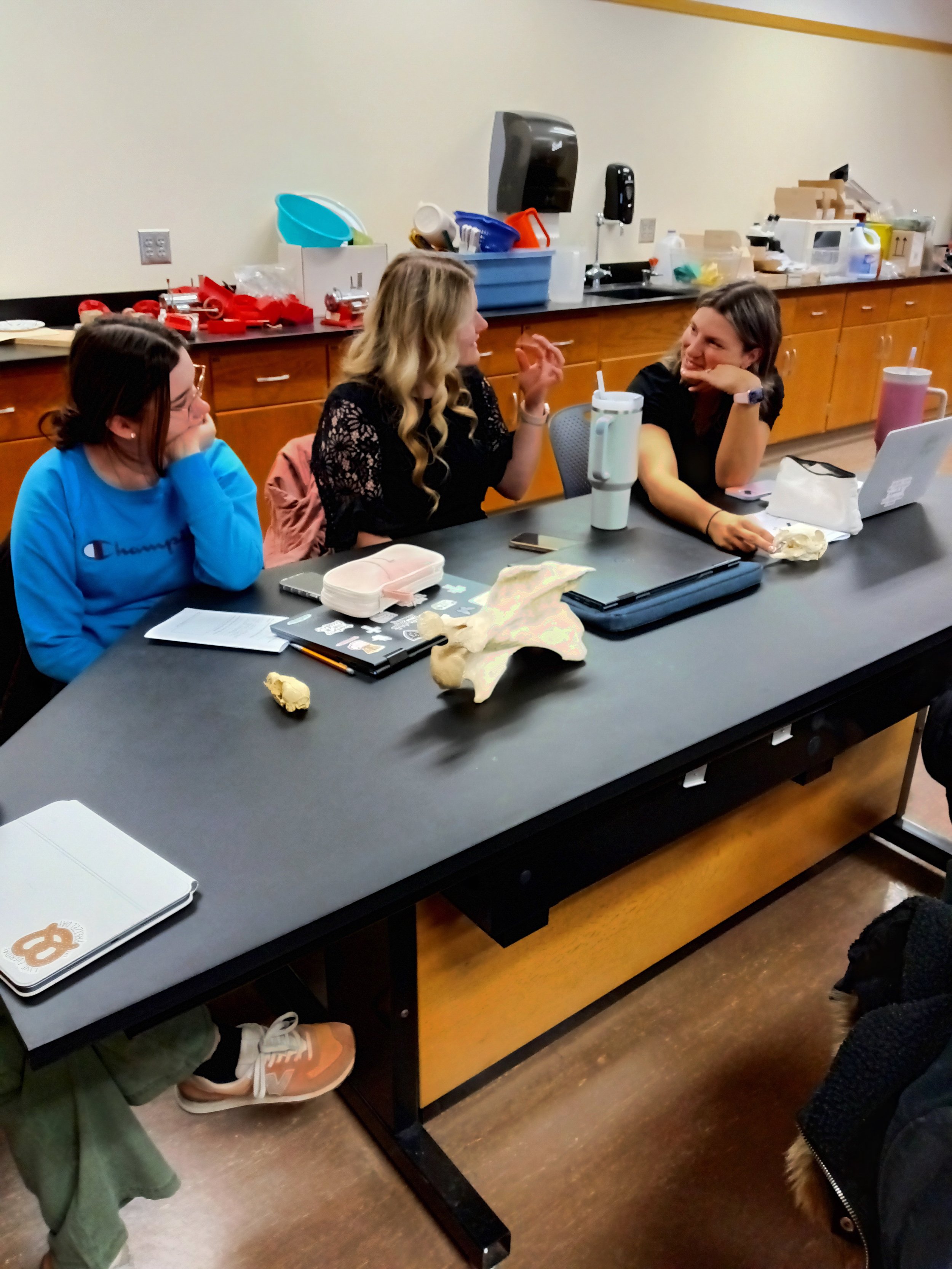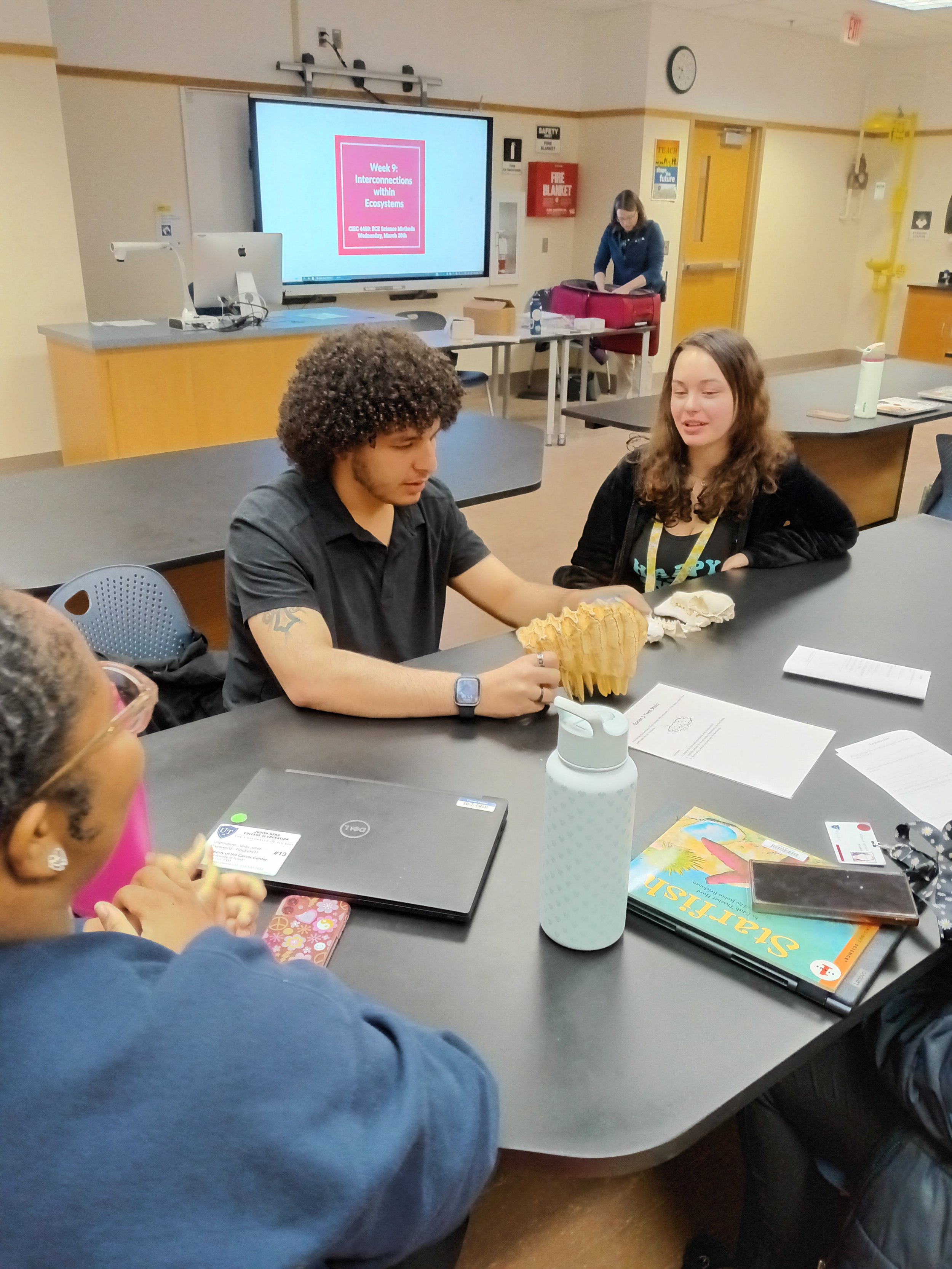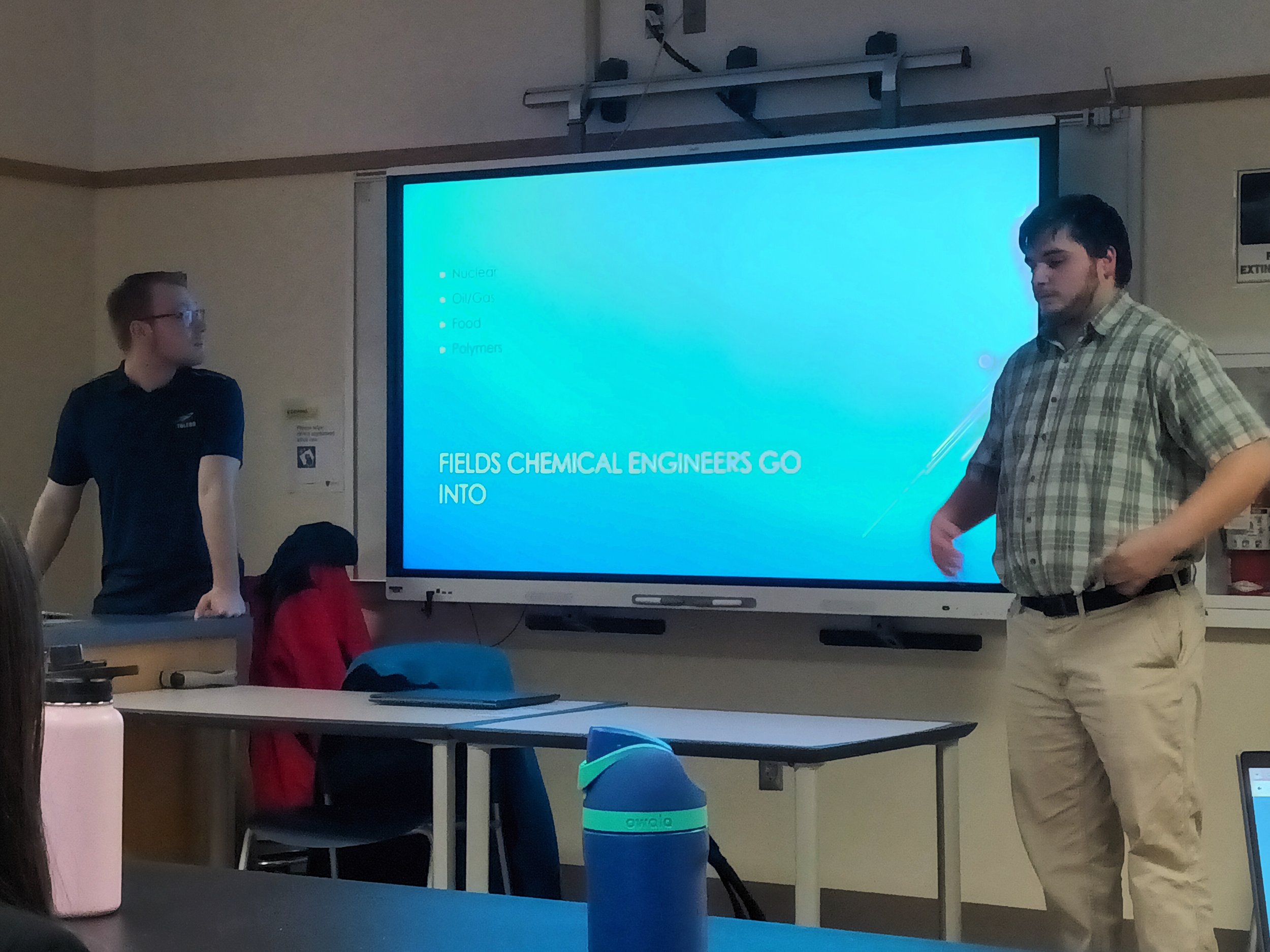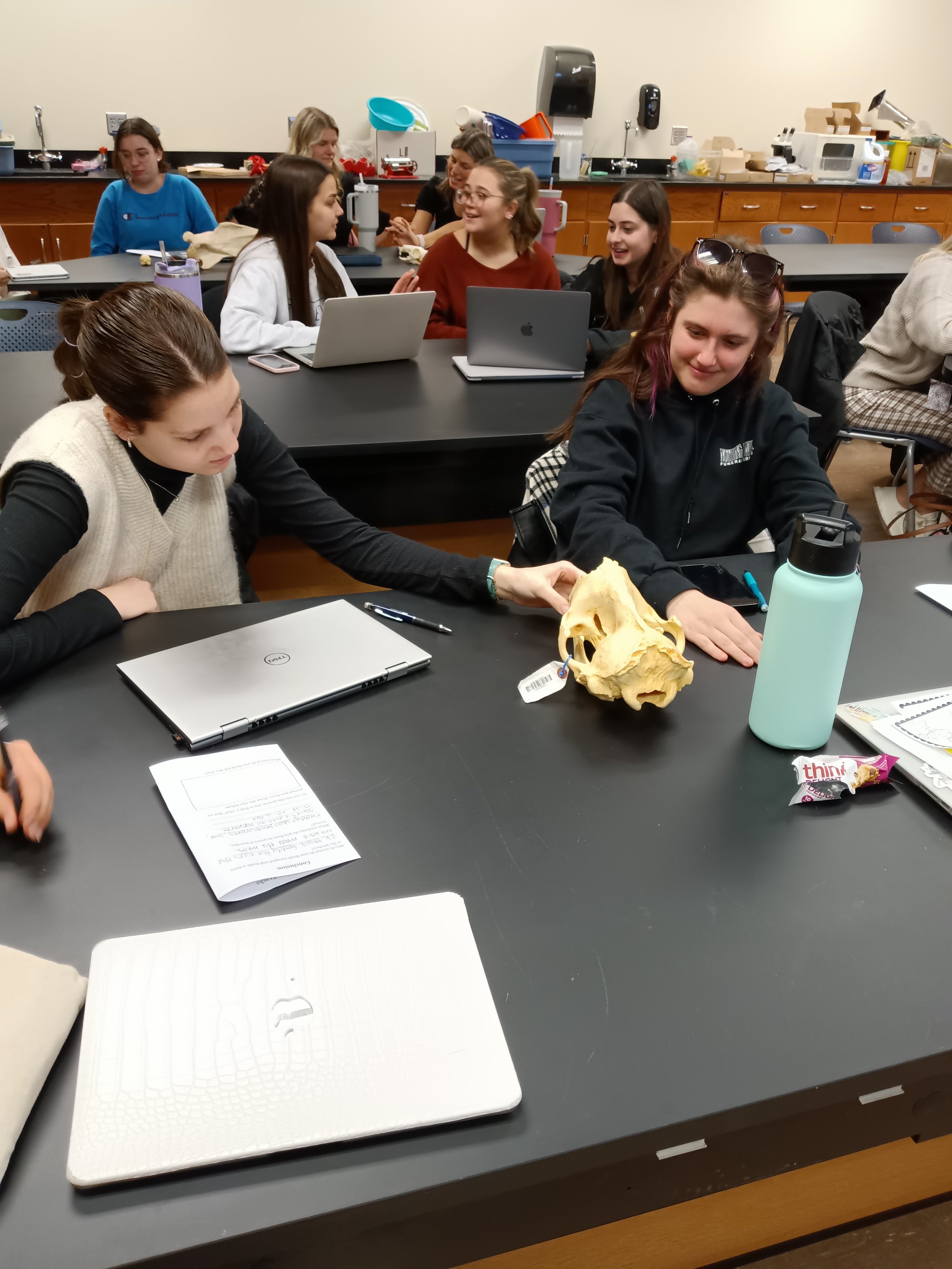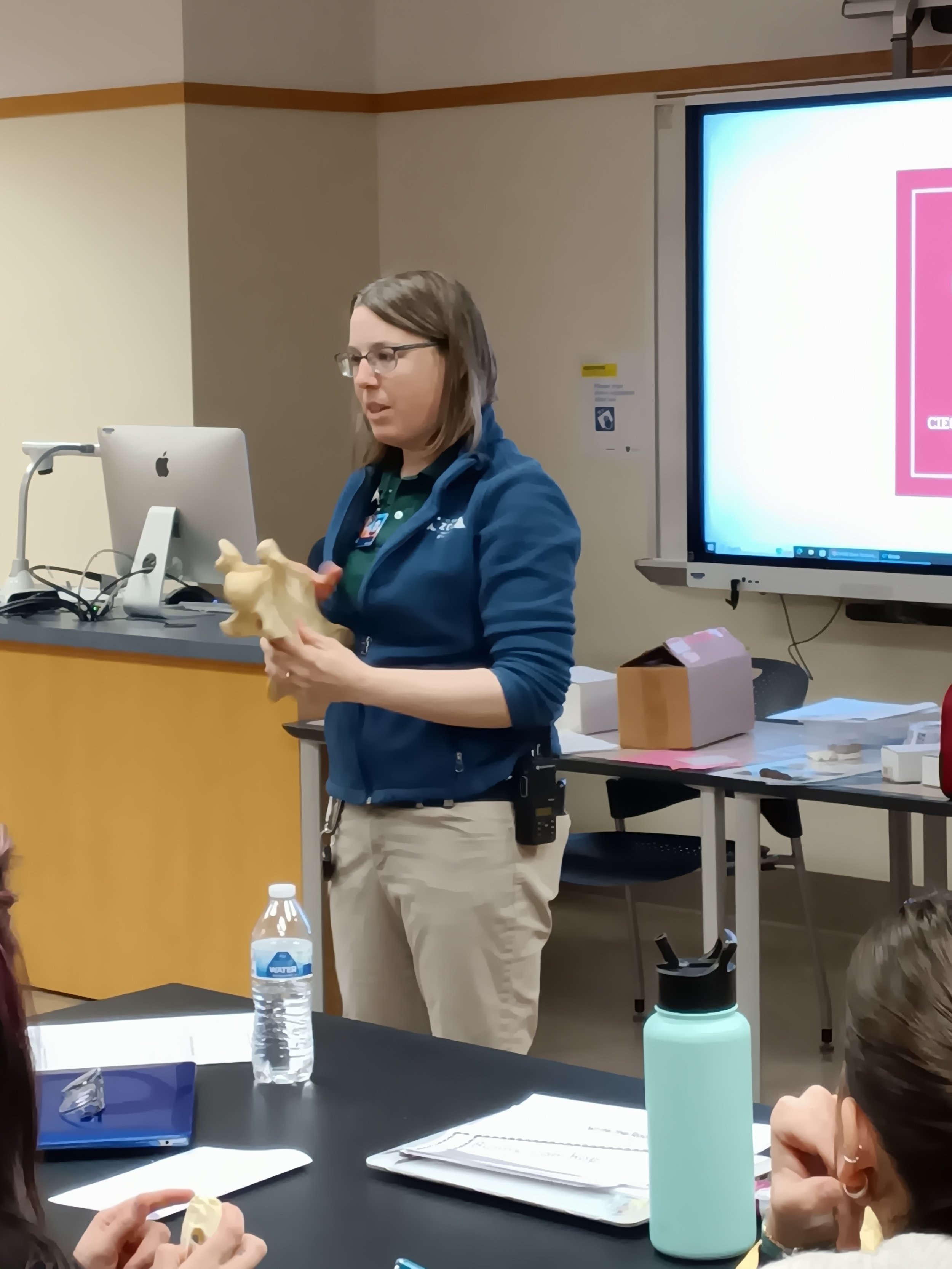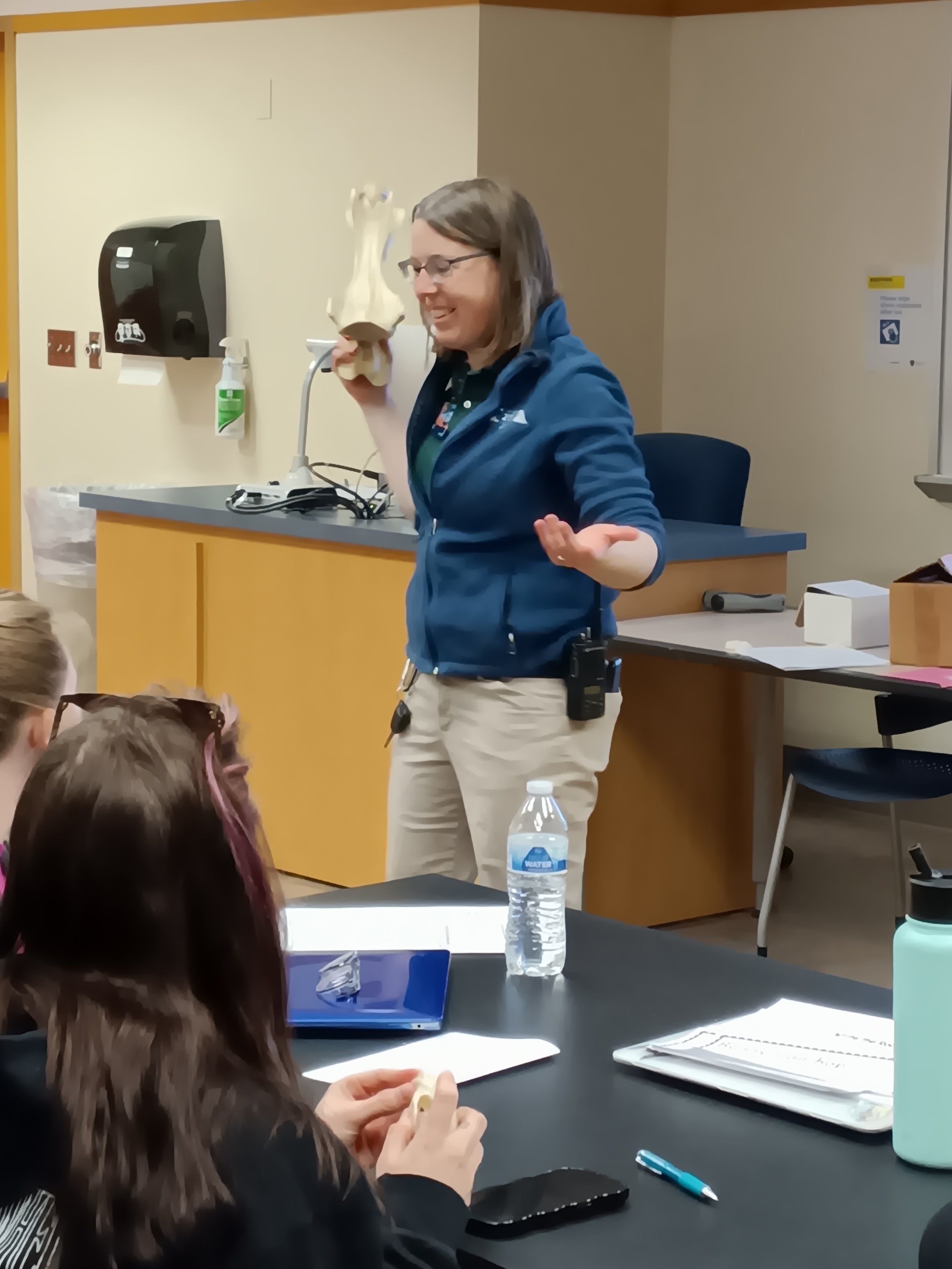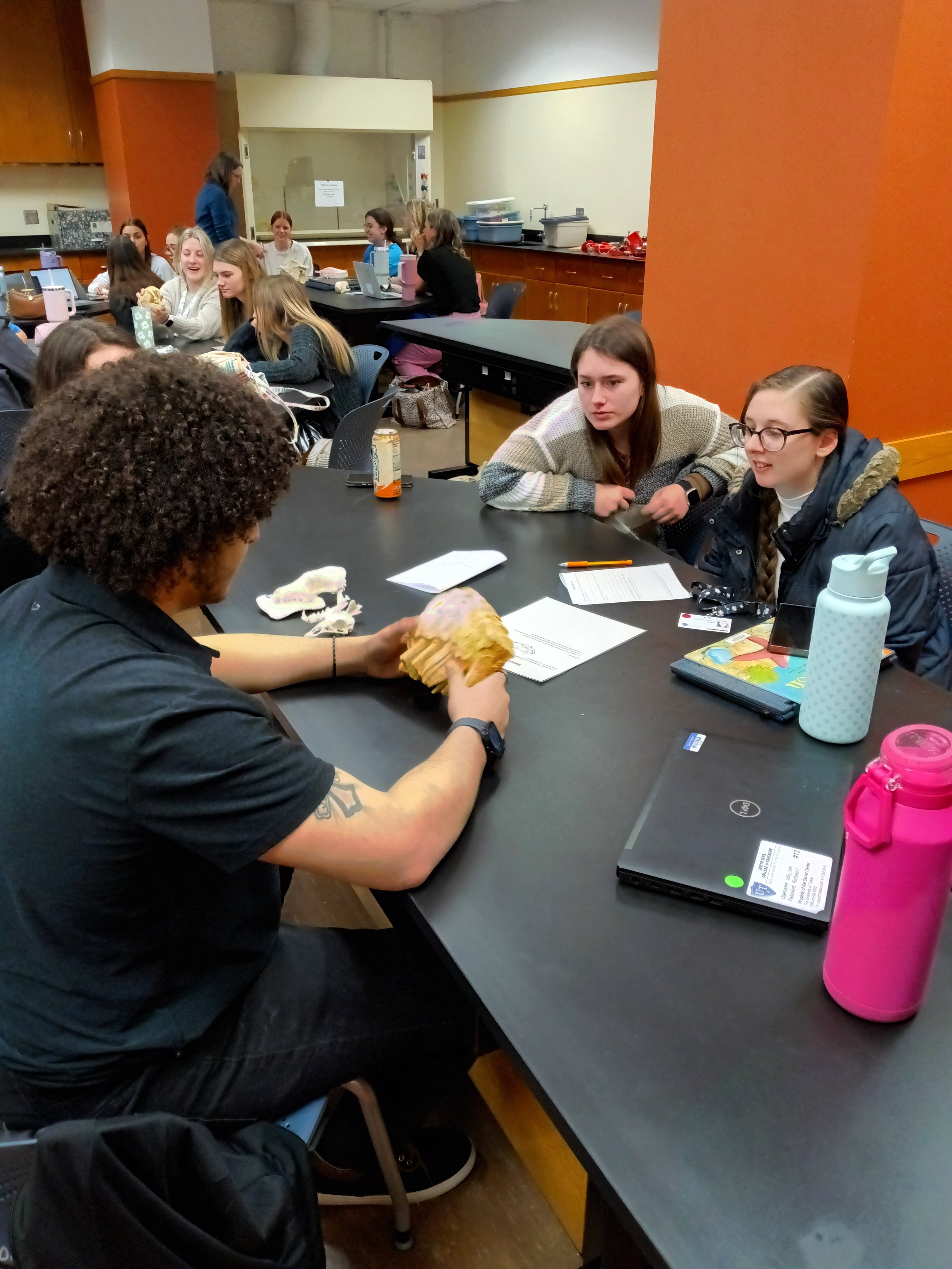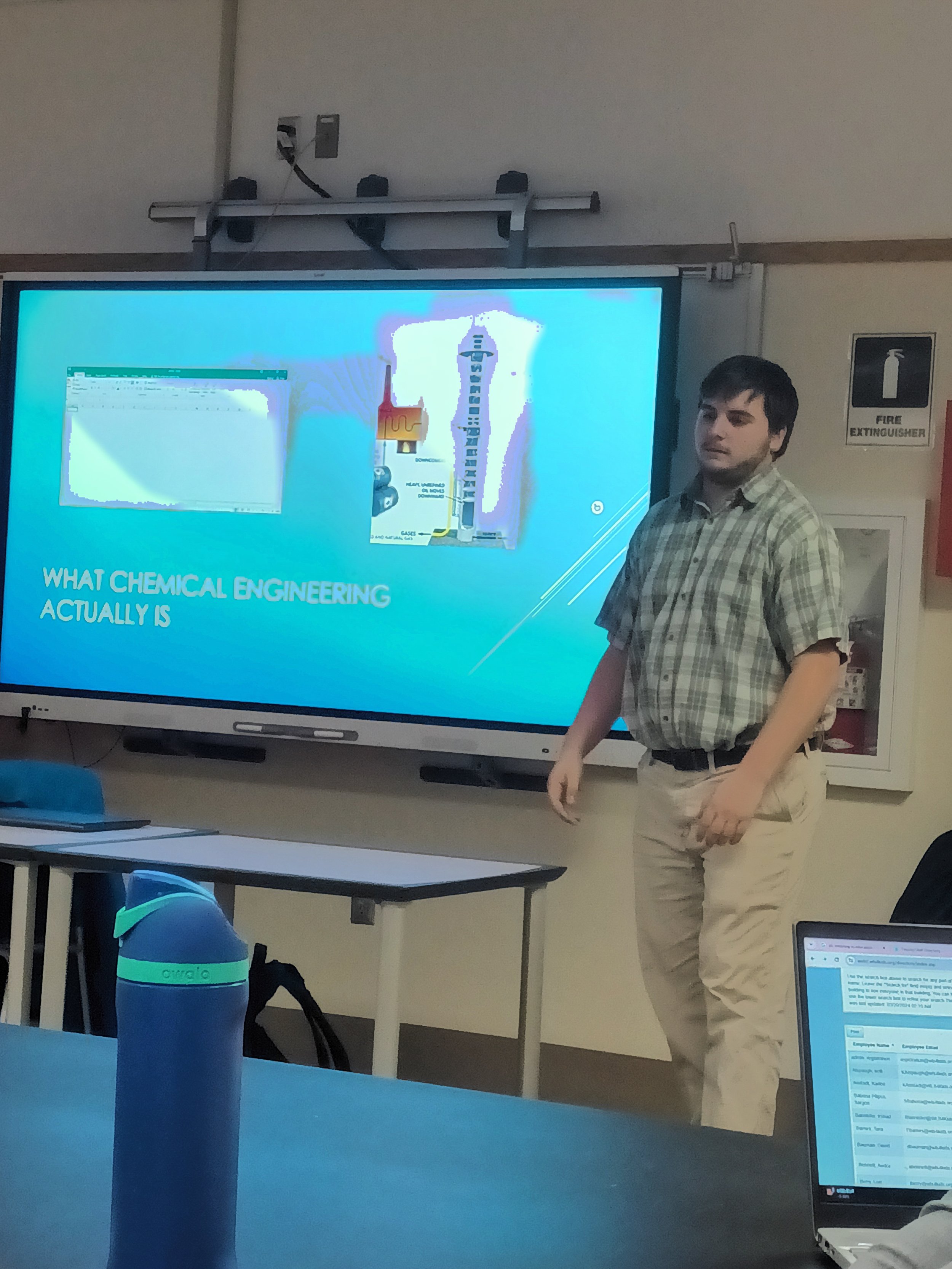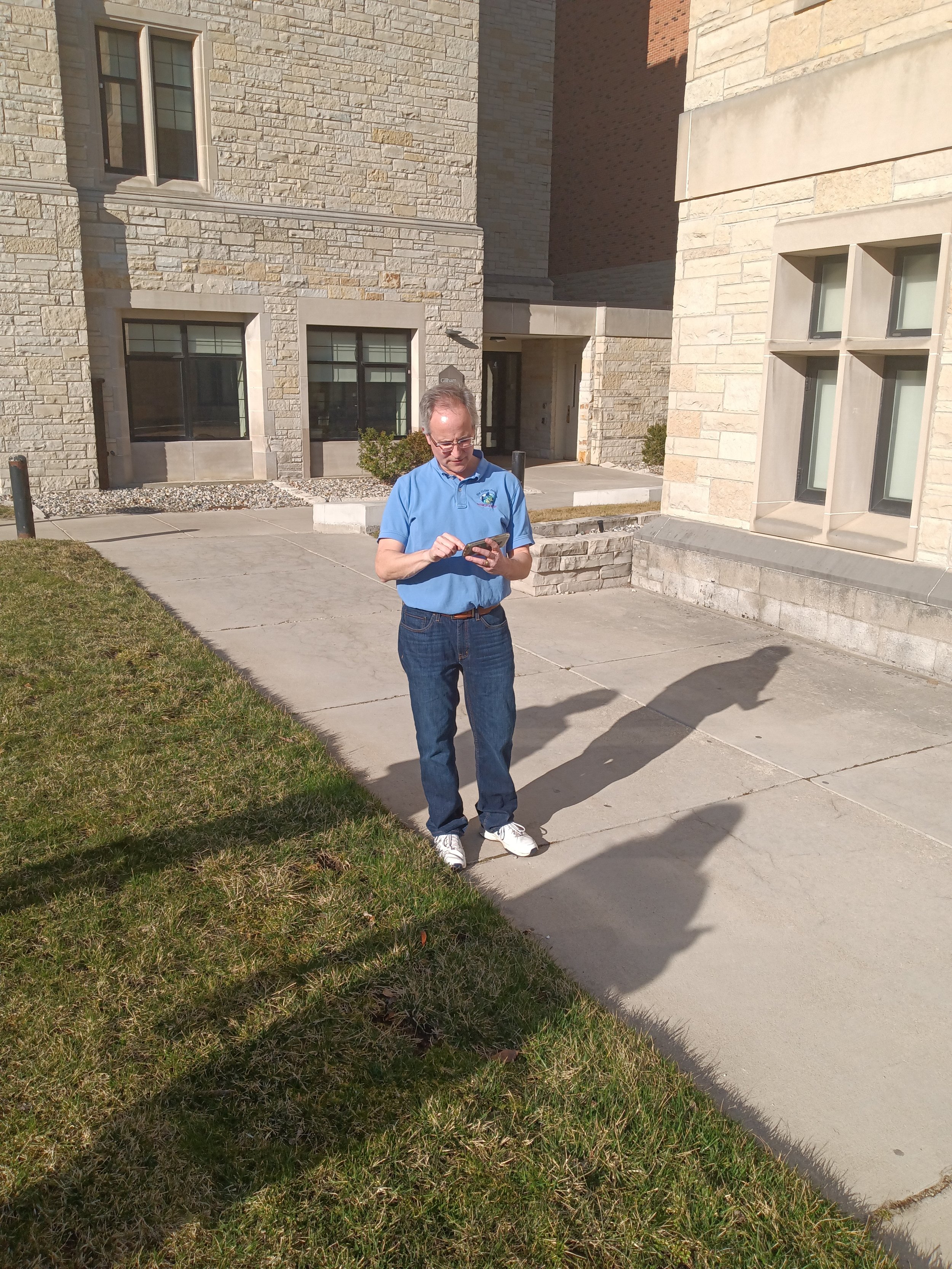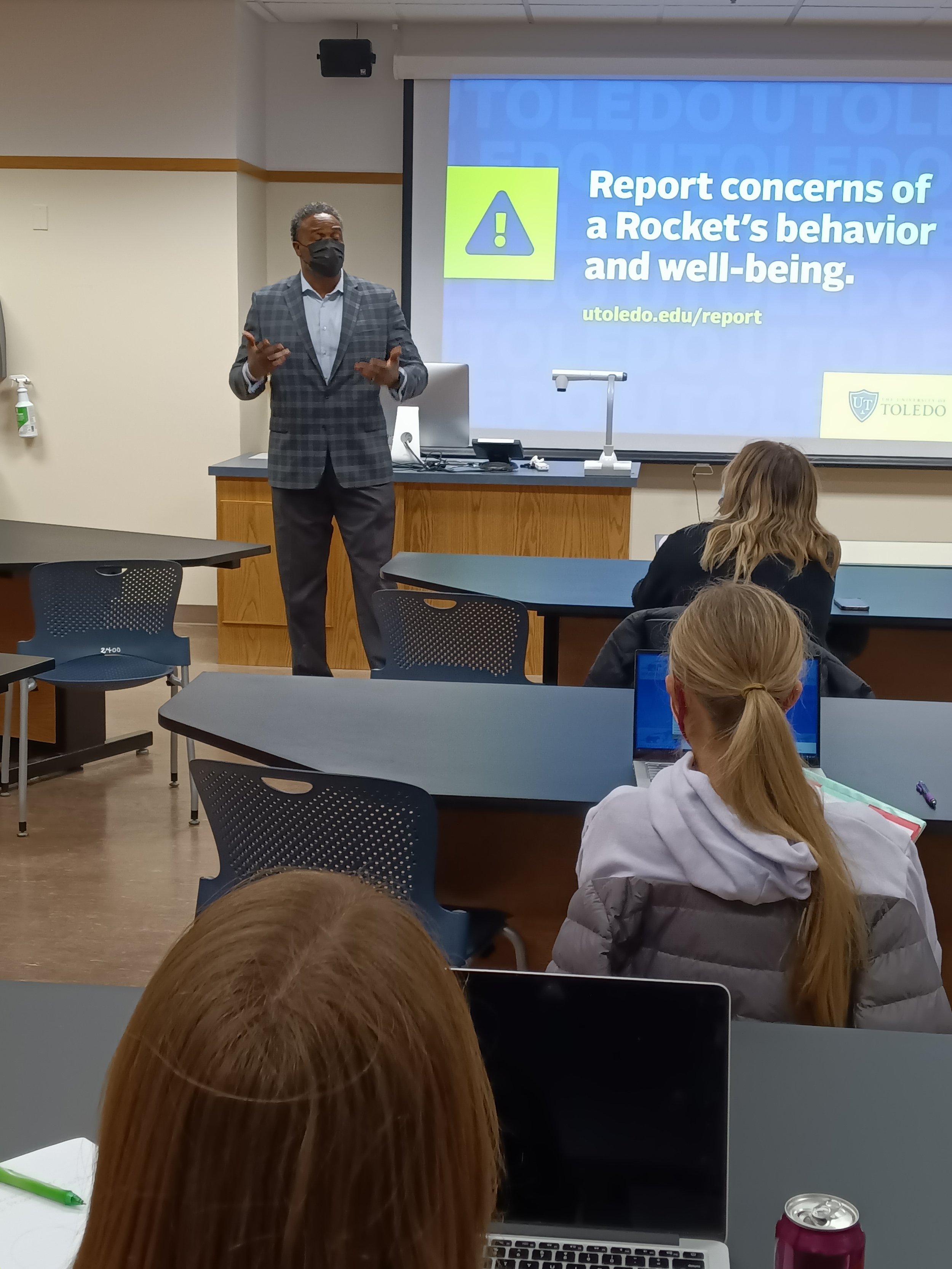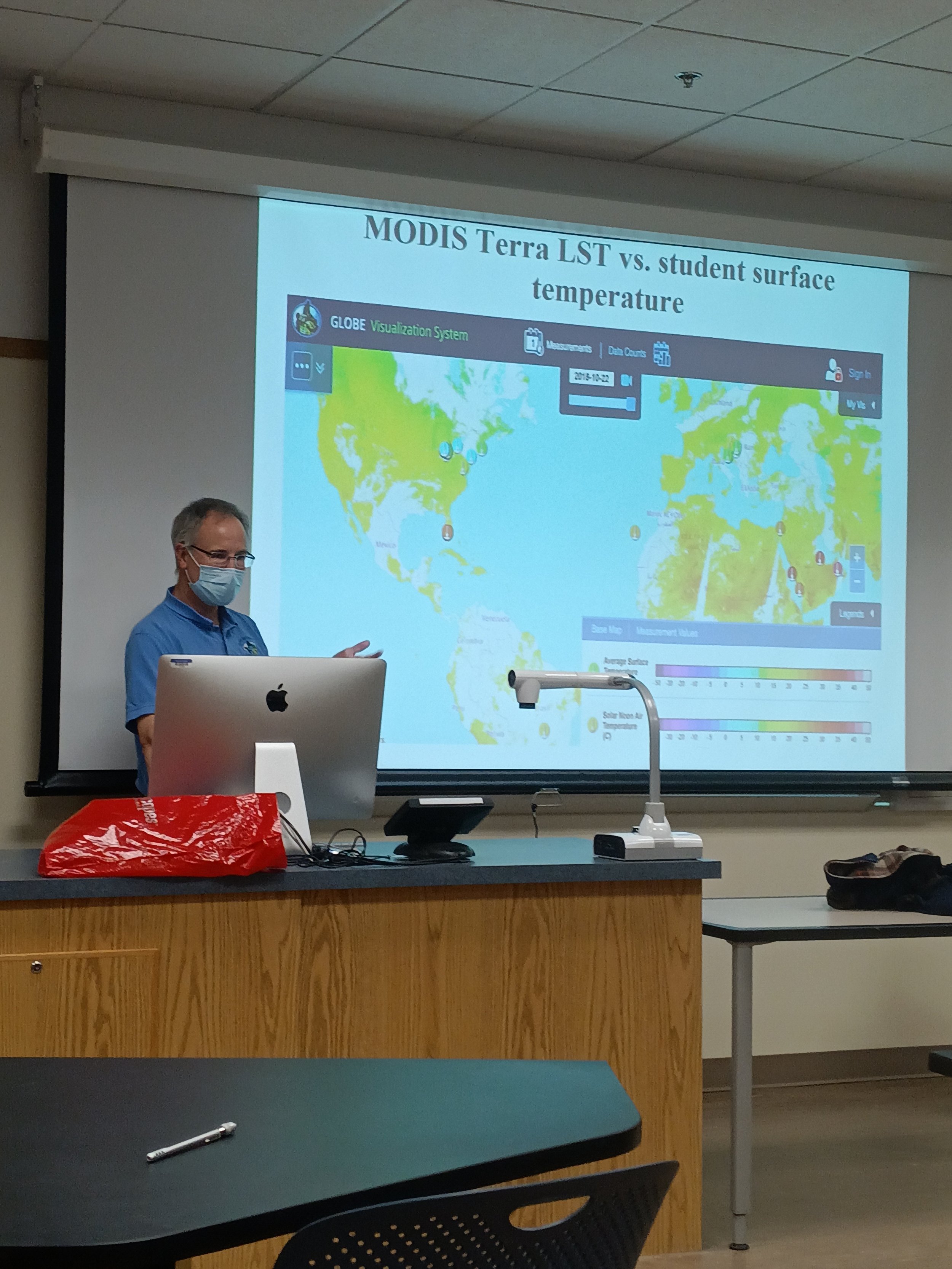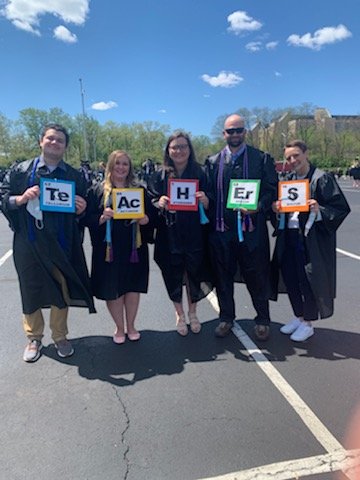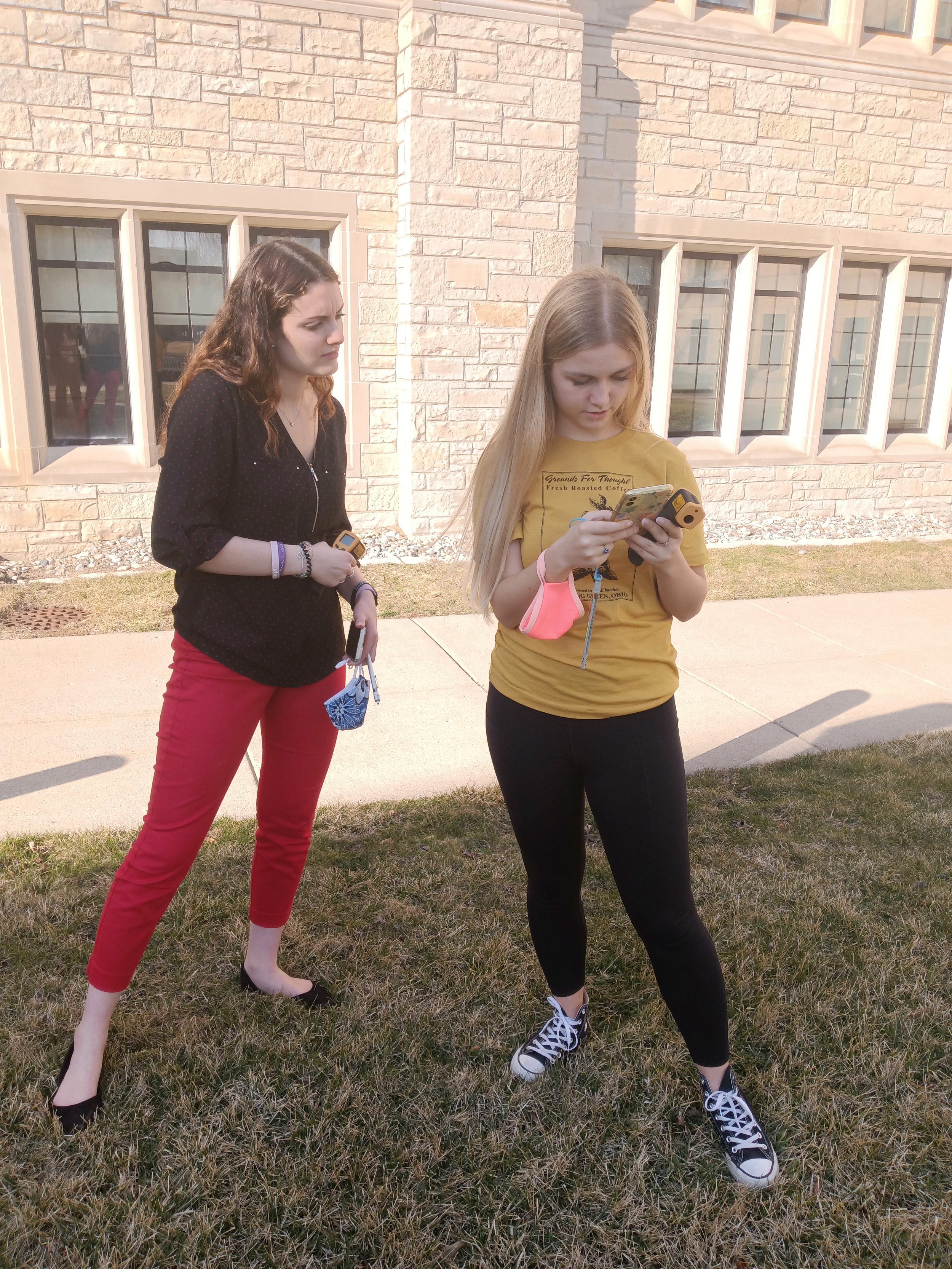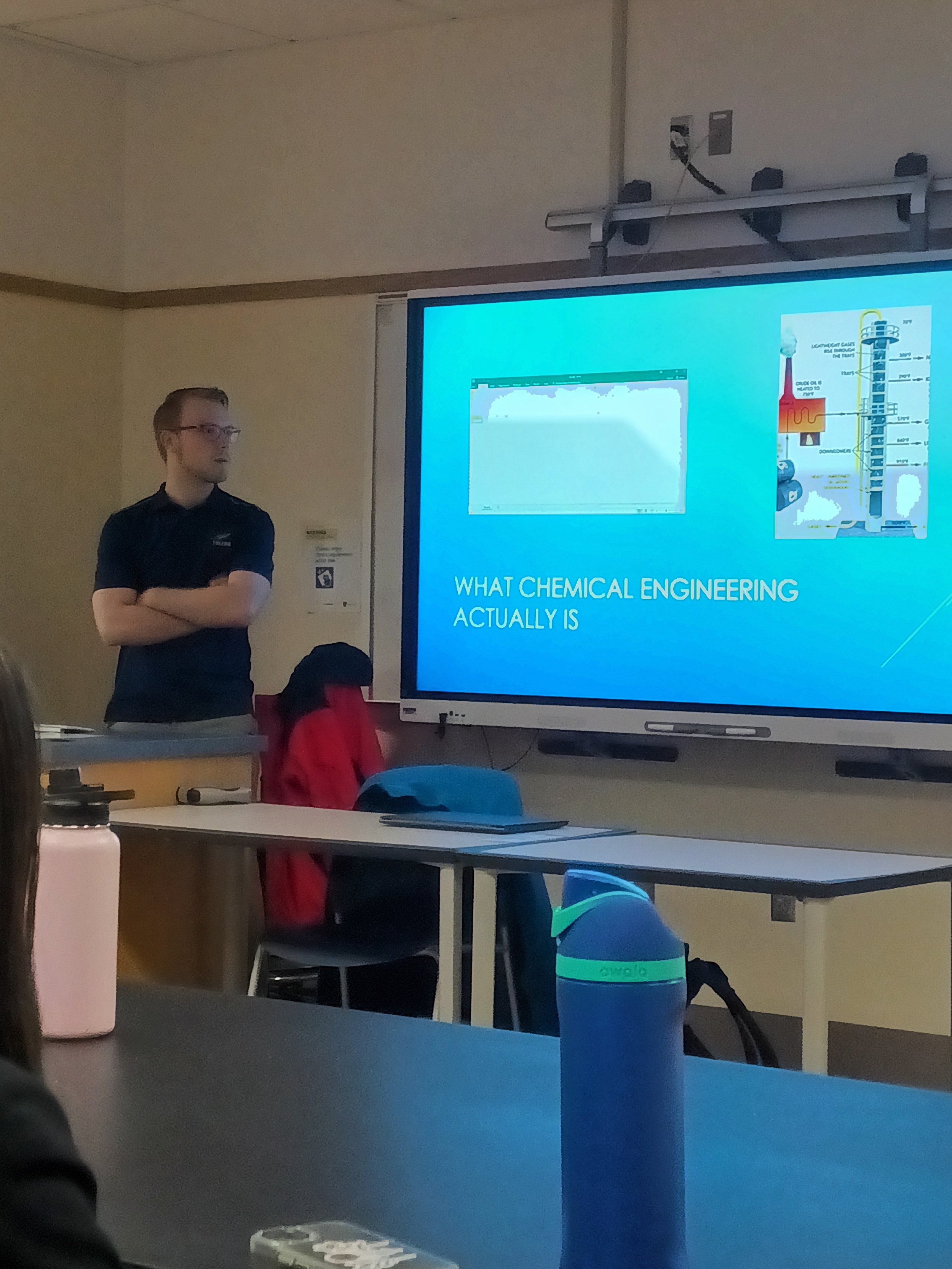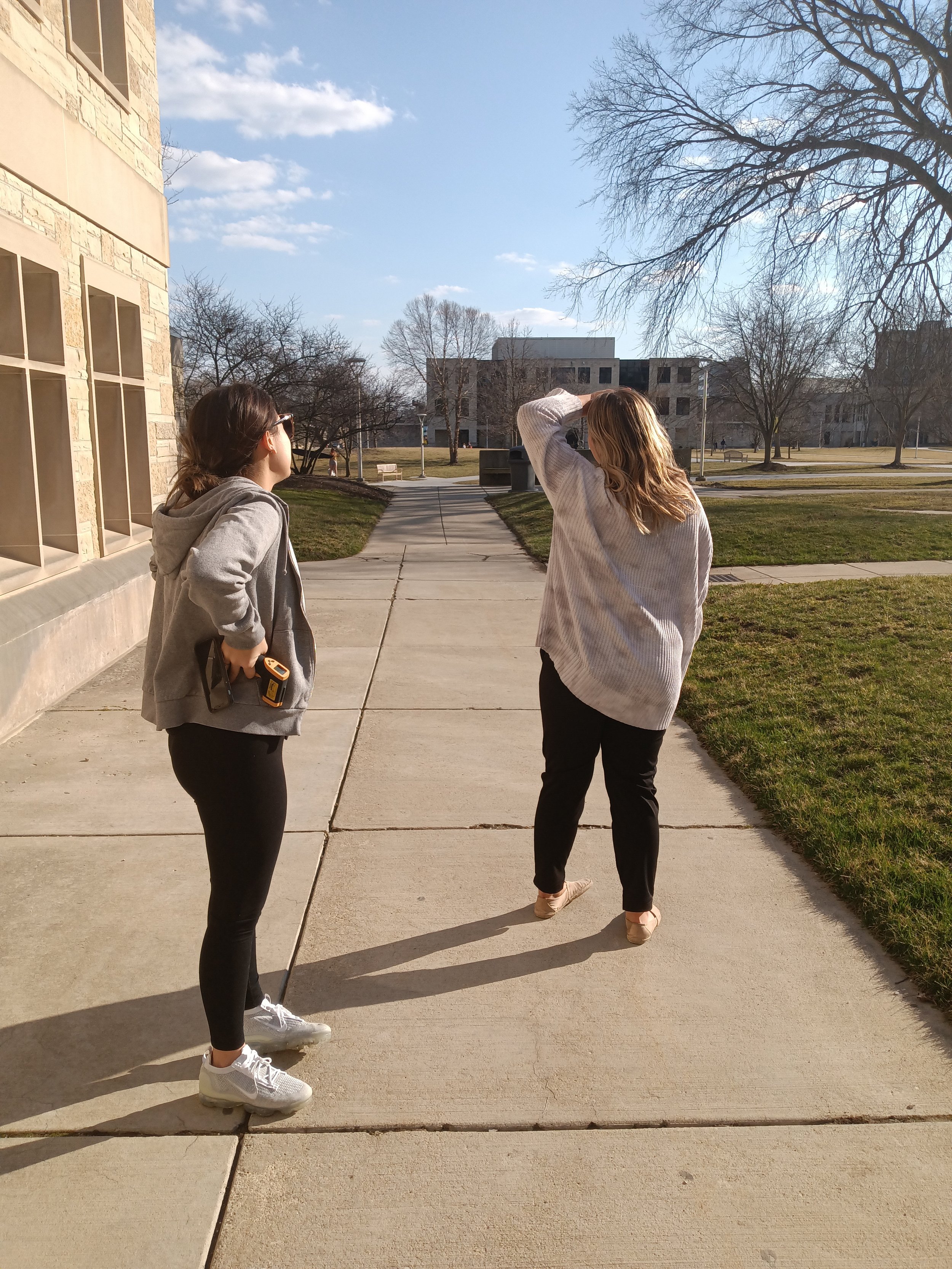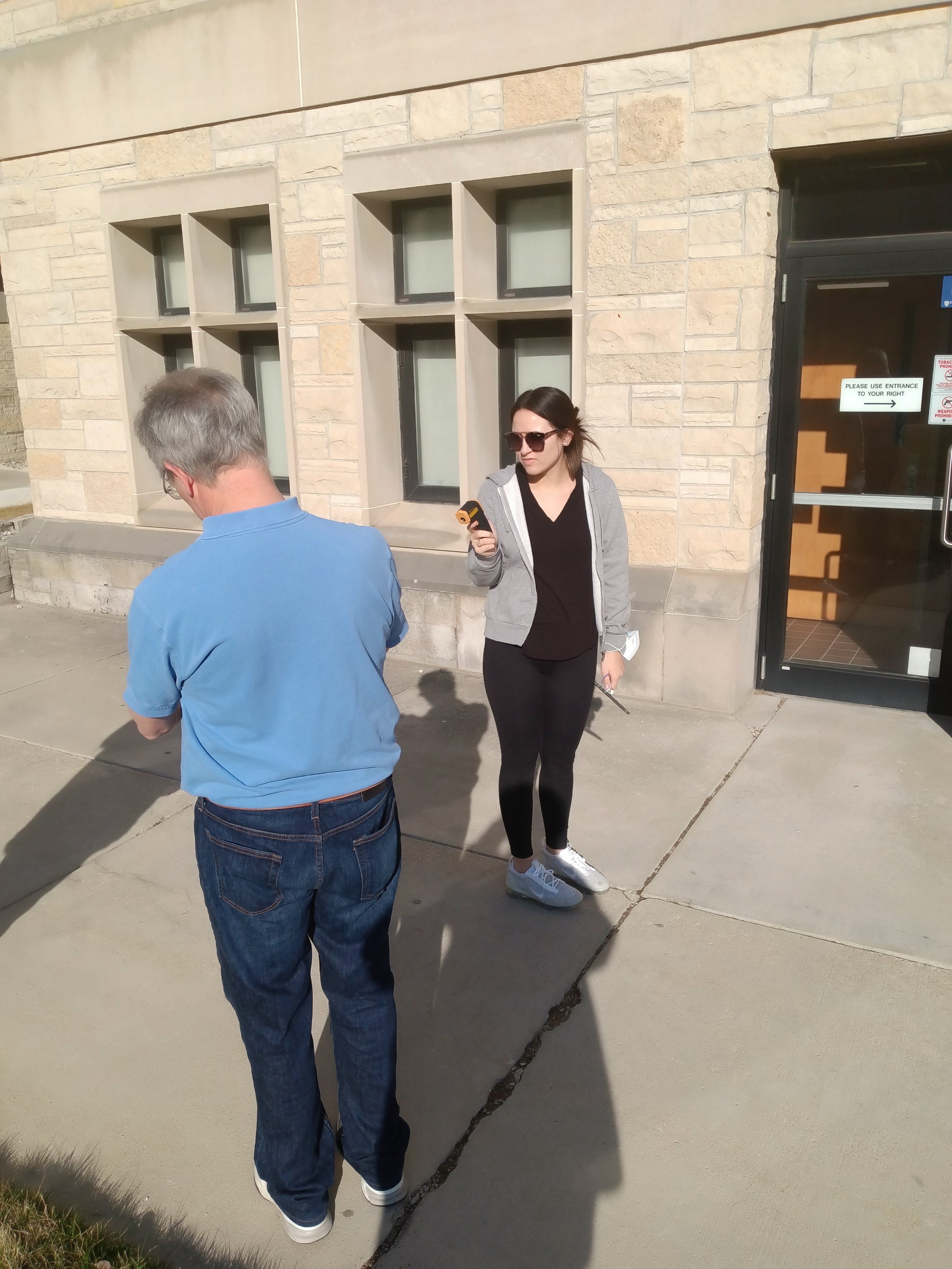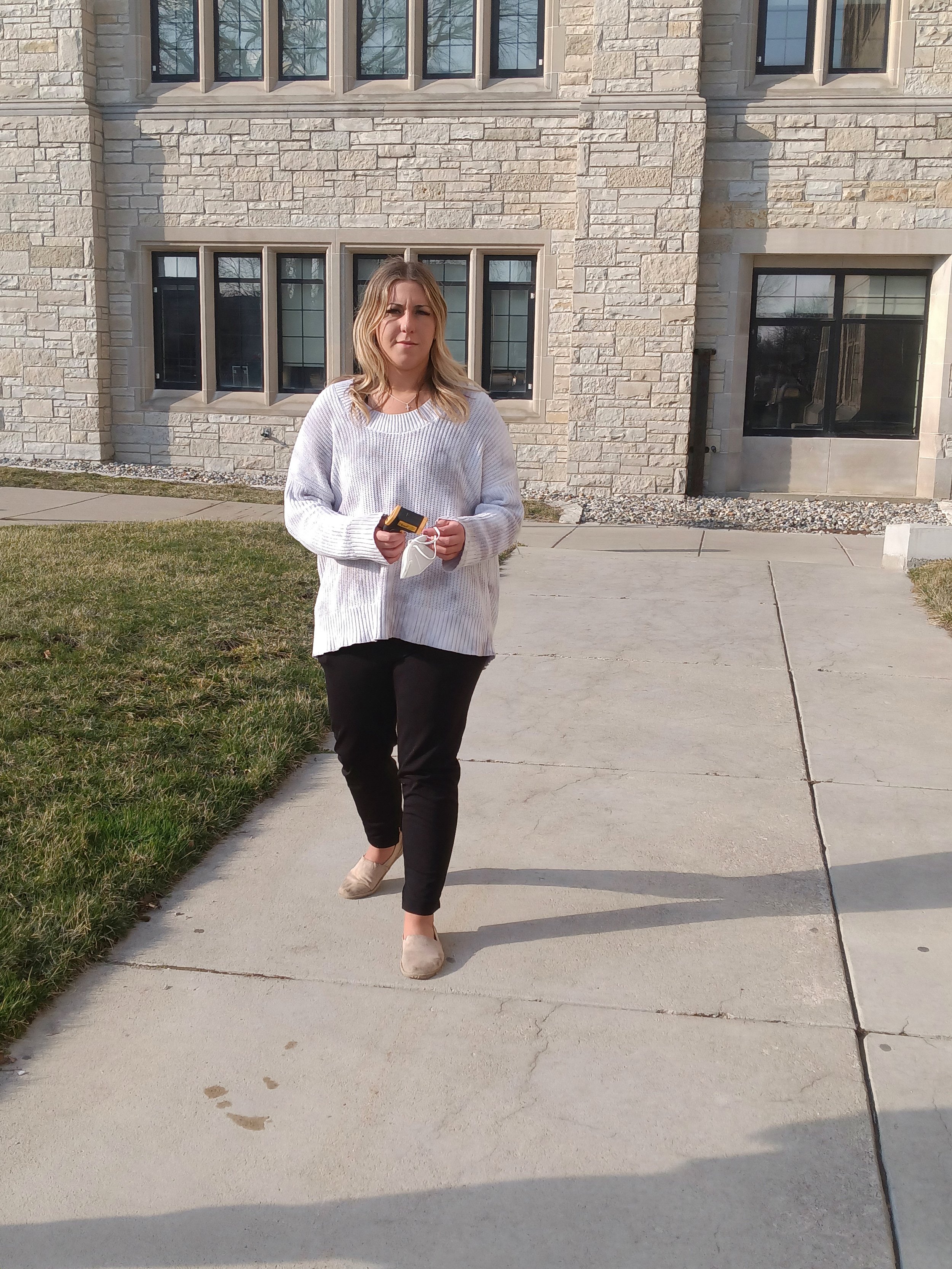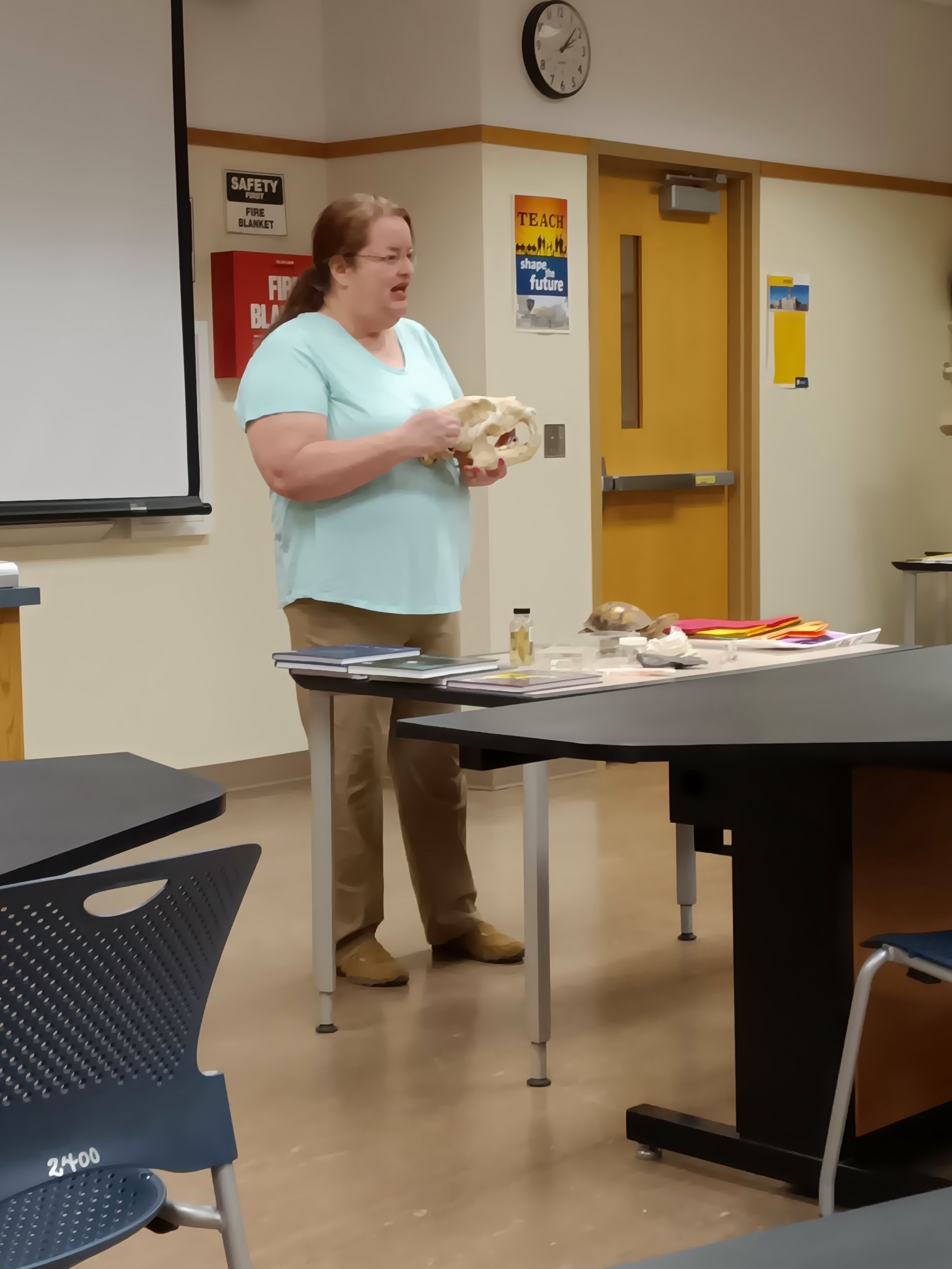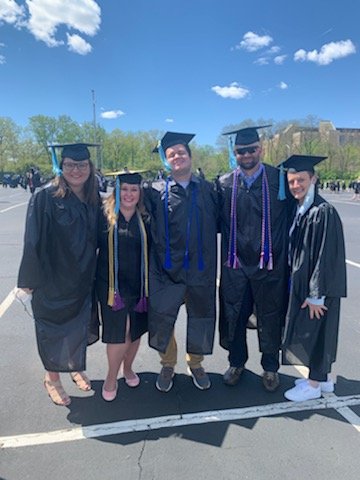TEACHING
GRADUATE COURSES
Theory and Research: A critical analysis of the research literature in language arts, mathematics, science, or social studies education. Students examine educational research regarding ideas about learning and teaching that influence research, finding primary sources, reading and critiquing research, and organizing and writing a literature review.
Doctoral Pro-Seminar I: Introduction to Scholarship in Curriculum and Instruction - The doctoral research cycle begins by introducing students to issues in curriculum and instruction, establishing a research agenda, and building a community of scholars.
Doctoral Pro-Seminar II: Themes in Theory and Research in Curriculum and Instruction - The doctoral research cycle continues by examining the paradigmatic and theoretical bases of C&I research. Develop lines of inquiry grounded in theoretical knowledge and personal interests.
UNDERGRADUATE COURSES
Early Childhood Education Science Methods: This course is designed to help teachers of science in grades PreKindergarten through third to understand the concepts, ideas and applications of science in the real world. Students will learn how scientific thinking involves collecting data, analyzing data, making decisions and taking action based on those decisions. Students will learn how to plan effective science experience for young children that cause them to explore environments and act upon their discoveries. Students will learn how to assess the scientific thinking of young children appropriately, using formal and informal strategies.
Developing Instruction in Mathematics and Science for Grade 4-5: A course in pedagogy and content for pre-service teachers currently working on Ohio’s Early Childhood PK-3 LAMP licensure program and are seeking to extend their license to be eligible to teach all content in grades four and five. The course will focus on the mathematics and science outlined in Ohio’s standards fro teaching mathematics and science in grades 4 and 5.
Practicum II (ECE): Teacher candidates will continue field placement studying the role of the teacher and community in learning as well as a variety of students. Teacher candidate will co-teach lessons and independently teach two small units of study.
Practicum III(MIDD/AYA): Candidate will be placed in their student teaching site(s) and focus on developing and teaching instructional unit(s) in their licensure area(s) with a focus on the role of assessment throughout the planning-teachingreflection process.
Advanced Teaching Methods Middle Grades/AYA Science: The focus of this course is advanced planning and methods with special attention placed on the varied needs of students, disciplinary specific assessment, and related current issues in middle and secondary science.
Internship in Student Teaching: Full-time supervised classroom teaching for 15 weeks. The candidate will be placed in their student teaching site(s) and will focus on developing and teaching instructional unit(s) with a focus on the role of assessment throughout the planning-teaching-reflection process.
Seminar: Managing the Science Classroom: A professional teaching and reflection seminar that places internship experience in the context of issues in science education including Ohio mandates for practicing teachers, classroom management, diverse learners and learning environments, and professional portfolio development.
SUPPLEMENTAL INSTRUCTION
Multicultural Emerging Scholars Program (MESP) ChemCamp - This 6 week course is intended to provide a foundation in basic chemistry concepts to incoming freshman undergraduate students. Topics covered include atomic structure, periodic table, bonding, nomenclature, and chemical reactions. Students are also introduced to academic skills including time management, test taking skills, and metacognitive learning strategies.

